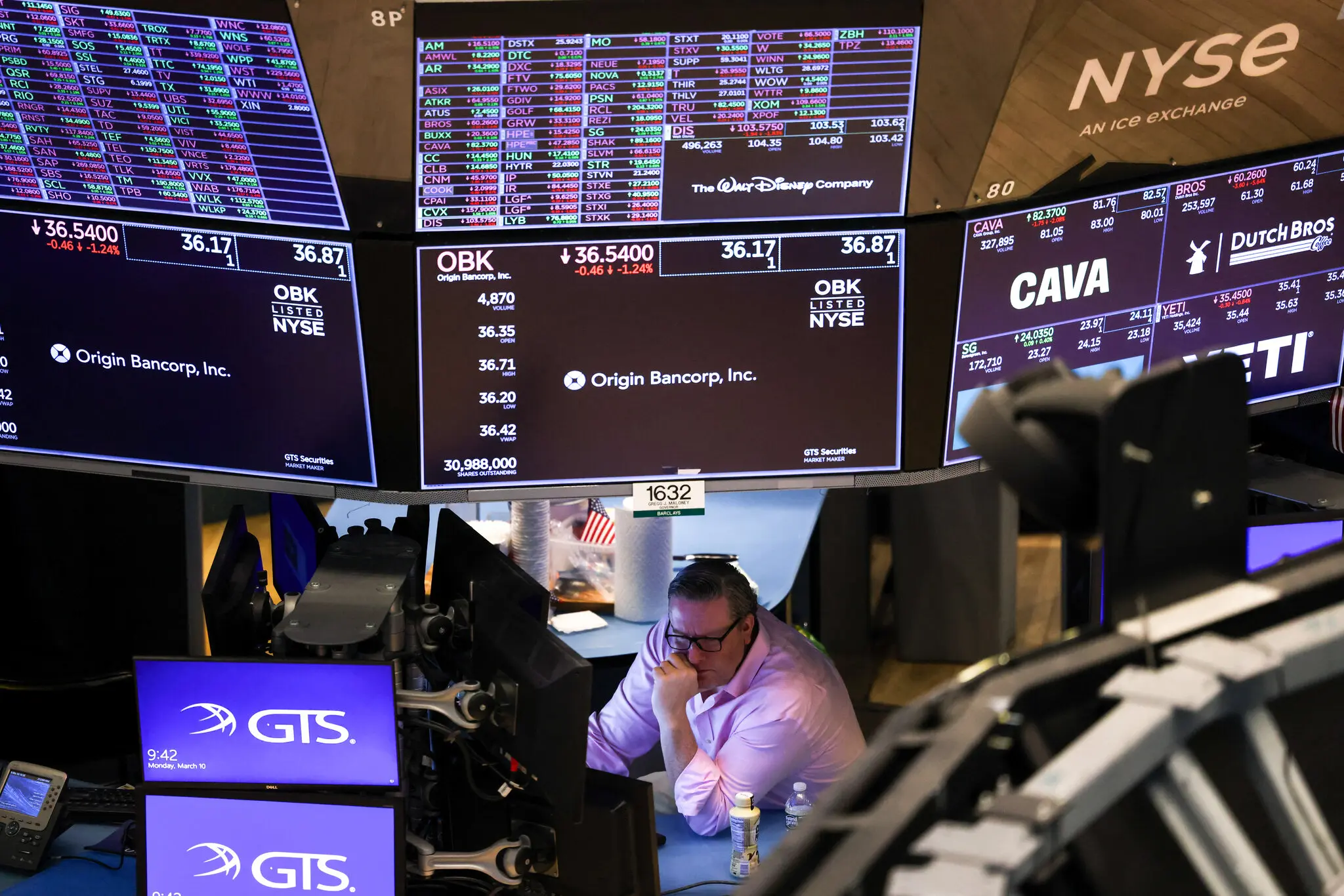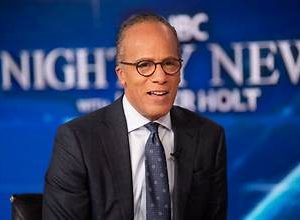Despite a temporary pause in tariffs, Peter Berezin, Chief Global Strategist at BCA Research, remains bearish on the U.S. economy and the stock market. While many analysts on Wall Street are now reducing their recession forecasts, Berezin believes a downturn is still likely in 2025.
60% Chance of Recession, Says BCA’s Peter Berezin
Berezin has slightly lowered his recession probability from 75% to 60%, but still expects a slowdown to hit later this year. As part of his forecast, he sees the S&P 500 index dropping to 4,500, a 25% decline from current near-record highs.
“It wouldn’t take much for the market to fall,” Berezin told Business Insider.
“At 18 times earnings with EPS around $250, the S&P could reach 4,500.”
Currently, the S&P 500 is trading at around 23x earnings with EPS at $260 — not far off from his target.
Key Warning Signs: Weak Labor Market and Rising Debt
Berezin highlights several signs of a weakening U.S. economy, including:
- Falling job openings since early 2022.
- Rising credit card and auto loan delinquencies (3.05% in Q1 2025 — highest since 2011).
- Pressure from resumed student loan repayments affecting credit scores.
- A cooling housing market — May housing starts fell 9.8%, indicating slower construction activity.
Trade Uncertainty and Tariff Concerns Still Loom
Although President Donald Trump announced a 90-day tariff pause, Berezin says tariffs remain a threat. The effective tariff rate is still around 15%, which he believes is harmful to the economy.
“A lower tariff rate — ideally under 10% — would be less damaging,” Berezin added.
“But I don’t see Trump rolling back tariffs unless the market forces his hand.”
He warns that Trump could even raise tariffs further on key industries like:
- Semiconductors
- Pharmaceuticals
- Lumber
Stimulus May Not Be Enough to Prevent Recession
Some investors hope for Trump’s tax plan, often referred to as the “Big Beautiful Bill,” to boost the economy. But Berezin points out that unfunded tax cuts could raise bond yields, canceling out any economic benefit.
According to the Congressional Budget Office (CBO):
- The tax bill could boost GDP by 0.5% over the next 10 years.
- But it may raise the 10-year Treasury yield by 14 basis points.
- It could also add $2.8 trillion to the federal deficit.
Market Pressure May Trigger Policy Reversal
Berezin believes the only way for Trump to reverse tariffs is if markets suffer.
“If the S&P 500 drops below 5,000 and 10-year yields spike above 4.5%, that pressure could push him to act.”
He notes the recent tariff pause was likely triggered by early signs of market distress — not proactive policy shifts.






Very interesting details you have mentioned, thankyou for putting up. “Oh, what a tangled web we weave, When first we practice to deceive” by Sir Walter Scott.
b1f78n
It’s interesting that Berezin still anticipates a downturn despite the revised forecasts; I found some related economic indicators on https://tinyfun.io/game/tappy-bird-avoid-the-spikes that support a cautious outlook. Do you think the tariff pause will ultimately be enough to offset the other factors he mentions?
Your article helped me a lot, is there any more related content? Thanks!
Your article helped me a lot, is there any more related content? Thanks!